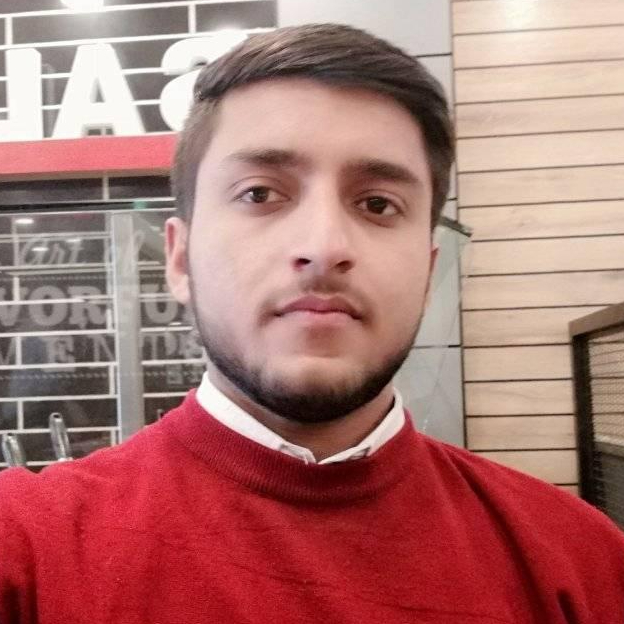
Mental illness, also called mental health disorders, refers to a wide range of mental health conditions — disorders that affect your mood, thinking and behavior.
What do you you think? Only Physical Health does matter?
“The only journey is the journey within?
My clear cut answer is obviously NOT. Because in this era of technology and competition nothing is more significant than peace of mind.Mental health is extremely important for the successful and extraordinary life.

Five Major Mental Health Issue of Youth in 2021:
There are lots of mental issue that are facing by our youth in this year especially in the days of pandemic.I am going to cover the five most common mental health issue of youth
- Anxiety and Stress
- Depression
- Attention-Deficit/Hyperactivity Disorder
- Dementia and Mood Swings
- Suicidal Thoughts
- Anxiety Disorders:
Before discussing about this disorder you have to know what is Anxiety? Because there are lots of misconceptions about this mental disorder.
Anxiety:
Anxiety is a feeling of unease, such as worry or fear, that can be mild or severe. Everyone has feelings of anxiety at some point in their life. For example, you may feel worried and anxious about sitting an exam, or having a medical test or job interview.
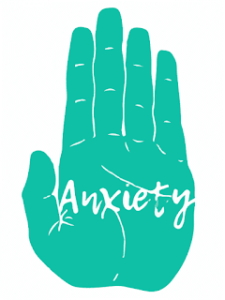
Stages of Anxiety:
- Mildanxiety
- Moderate anxiety
- Severe anxiety
- panic level anxiety
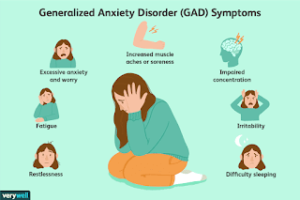
Normal level of Anxiety: Normal levels of anxiety lie on one end of a spectrum and may present as low levels of fear or apprehension, mild sensations of muscle tightness and sweating, or doubts about your ability to complete a task. Importantly, symptoms of normal anxiety do not negatively interfere with daily functioning.
10 Natural Ways to reduce Anxiety:
-
- Stay active. Regular exercise is good for your physical and emotional health. …
- Don’t drink alcohol. Alcohol is a natural sedative.
- Stop smoking. Smokers often reach for a cigarette during stressful times. …
- Ditch caffeine.
- Get Proper Sleep.
- Meditate and Sit in calm and natural environments
- Eat a healthy diet. .
- Practice deep breathing.
- Stay in your time zone
- Follow the 3-3-3 rule; Look around you and name three things you see. Then, name three sounds you hear. Finally, move three parts of your body — your ankle, fingers, or arm.
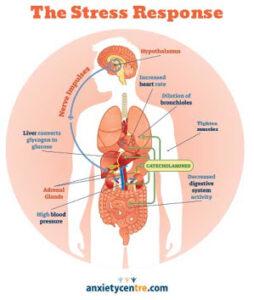
2. Depression
- sadness
- loss of interest
- which stops you doing your normal activities

Symptoms of depression:
- Sadness
- Tearfulness
- Emptiness or hopelessness
- Angry outbursts
- Irritability or frustration
- Loss of interest or pleasure in most or all normal activities, such as sex, hobbies or sports.

Cure of Depression:
It seems difficult to digest this term but do not worry about it.What is ADHD? I am going to make it easy for you.
ADHD is a medical condition that affects a person’s attention and self-control. Because of ADHD, people have a harder time staying focused. They may be more fidgety than others. ADHD can make it harder to control behavior, so kids and teens may get into trouble more.
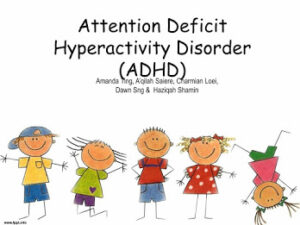
3 Categories or Symptoms of ADHD:
- Inattention: Short attention span for age (difficulty sustaining attention) Difficulty listening to others.
- Impulsivity: Often interrupts others.
- Hyperactivity: Seems to be in constant motion; runs or climbs, at times with no apparent goal except motion.
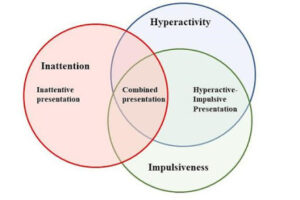
- Is ADHD a serious problem?
- Although certain symptoms may fade with age, ADHD can be a lifelong problem. And some people aren’t diagnosed with ADHD until they’re adults. It’s important for all grownups with ADHD to have treatment for it. If not, they’re more likely to have employment problems.
Treatment :

Mood Swings:
-
Mood swings refer to rapid changes in mood. The term may refer to minor daily mood changes or to significant mood changes as seen with mood disorders such as major depression or bipolar depression.

Causes:
- Bipolar Disorder. Many people may think of bipolar disorder when they think about mood swings. …
- . Sleep Deprivation. …
- . Low Blood Sugar. …
- . Stress. …
- . Certain Medications. …
- . Hormones. …
- . Pregnancy
Do not Die Before Death
- History of conflict with a spouse or romantic partner.
- Current family legal or financial problems.
- History of mental health problems, particularly depression.
- Alcohol or drug abuse.
- Having access to a firearm.
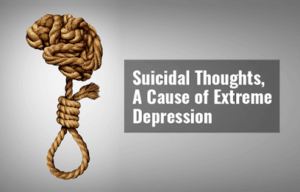
Symptoms:
- Talking about suicide — for example, making statements such as “I’m going to kill myself,” “I wish I were dead” or “I wish I hadn’t been born”
- Getting the means to take your own life, such as buying a gun or stockpiling pills
- Withdrawing from social contact and wanting to be left alone
- Having mood swings, such as being emotionally high one day and deeply discouraged the next
- Being preoccupied with death, dying or violence
- Feeling trapped or hopeless about a situation
- Increasing use of alcohol or drugs
- Changing normal routine, including eating or sleeping patterns
- Doing risky or self-destructive things, such as using drugs or driving recklessly
- Giving away belongings or getting affairs in order when there’s no other logical explanation for doing this
- Saying goodbye to people as if they won’t be seen again
- Developing personality changes or being severely anxious or agitated, particularly when experiencing some of the warning signs listed above.
Causes
Suicidal thoughts have many causes. Most often, suicidal thoughts are the result of feeling like you can’t cope when you’re faced with what seems to be an overwhelming life situation. If you don’t have hope for the future, you may mistakenly think suicide is a solution. You may experience a sort of tunnel vision, where in the middle of a crisis you believe suicide is the only way out.
There also may be a genetic link to suicide. People who complete suicide or who have suicidal thoughts or behavior are more likely to have a family history of suicide
When to see a doctor
If you’re feeling suicidal, but you aren’t immediately thinking of hurting yourself:
- Reach out to a close friend or loved one — even though it may be hard to talk about your feelings
- Contact a minister, spiritual leader or someone in your faith community
- Call a suicide hotline
- Make an appointment with your doctor, other health care provider or a mental health professional

Suicidal thinking doesn’t get better on its own — so get help.
The bravest thing I have ever did was continuing my life when I wanted to die.
Conclusion:
- Treatment can involve both medications and psychotherapy, depending on the disease and its severity.
- At this time, most mental illnesses cannot be cured, but they can usually be treated effectively to minimize the symptoms and allow the individual to function in work, school, or social environments
- Healthy eating, getting plenty of sleep, and regular physical activity are all important to good mental health.
- Learning skills which help deal with stress, feeling down, relationships or the symptoms of the illness, are also ways in which someone with a mental illness can look after themselves.
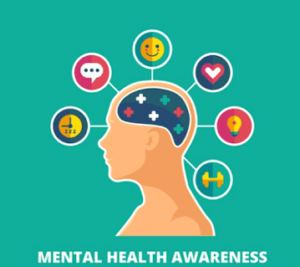
Stay always happy and keep shining.Difficulties and calamities will not remain forever.It is a matter of time things will change and you will see the beauty of life in the end.
Stay Tuned for tremendous articles related to Biological sciences and Social Issues.


















































